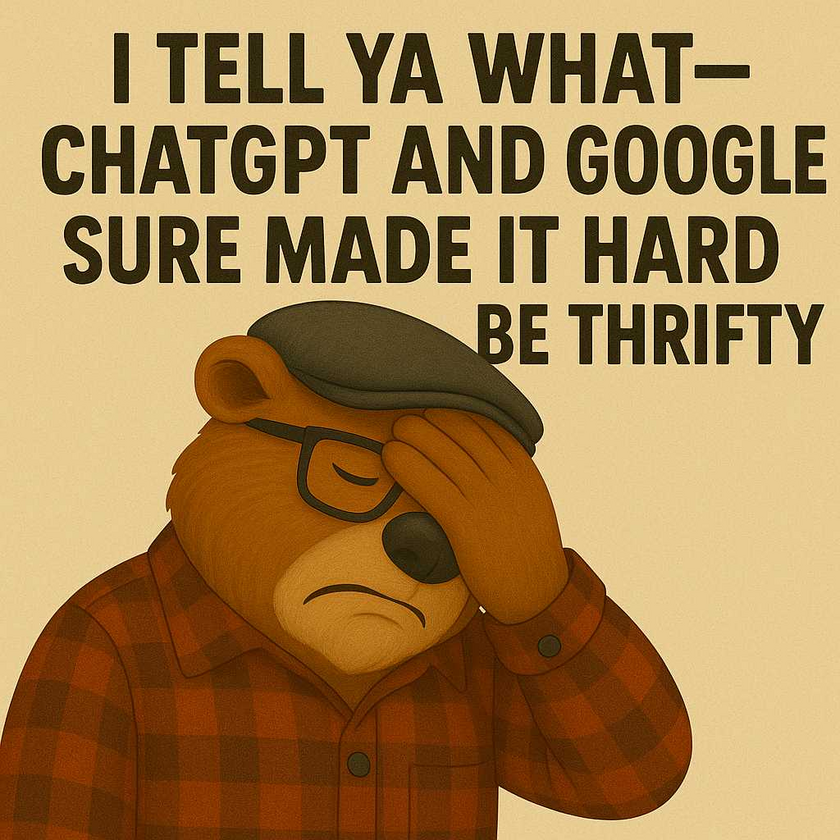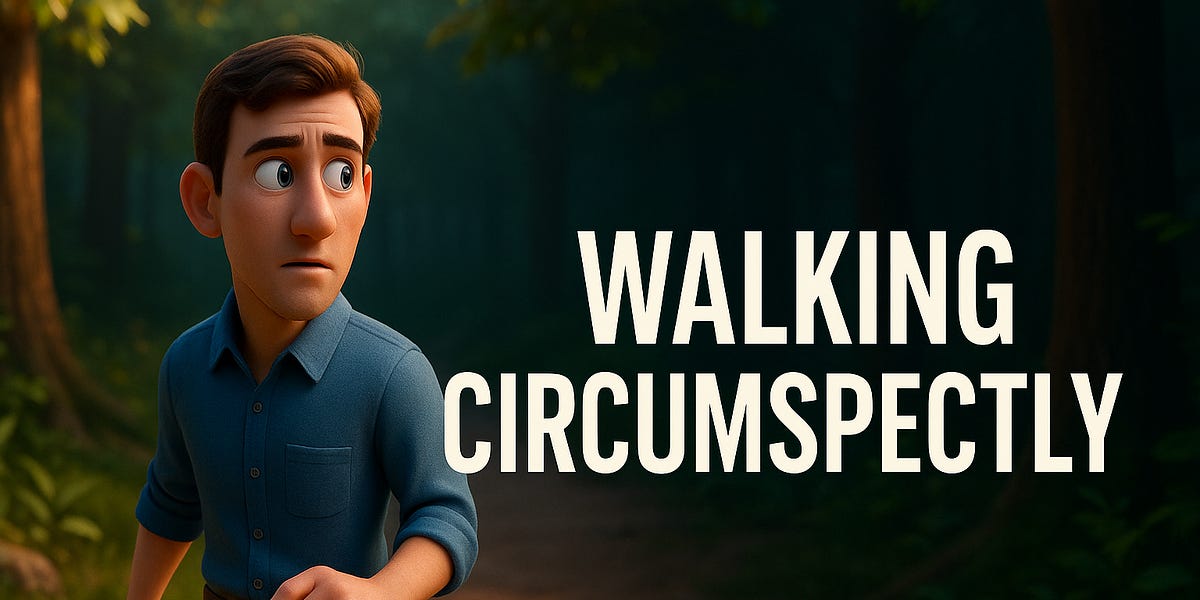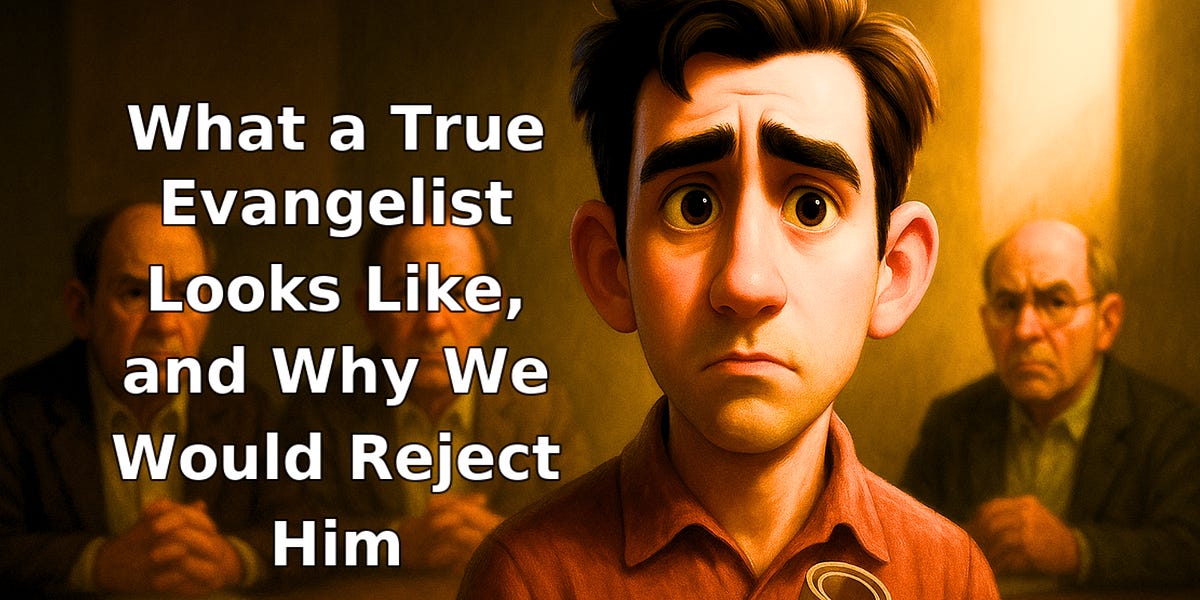
There was a time you could walk into a Goodwill, find a decent flannel, maybe a coffee pot, and walk out with change from a ten. Now? They’ve got someone in the back checking eBay like it’s Sotheby’s. That shirt with the armpit stain? “Vintage.” That busted blender? “Retro aesthetic.” Price: $29.99.
Same thing’s happened to flea markets and yard sales. Folks are out here googling the value of a half-burned candle and holding the line like it’s a Wall Street investment.
Don’t get me wrong, I’m all for people getting fair value—but what happened to the deal? What happened to the joy of finding a hidden gem that wasn’t marked up because someone’s nephew once saw it on TikTok?
I miss when second-hand shopping was about community, frugality, and the fun of the hunt—not algorithms and price charts.
Just a little rant. But also maybe a little call to sanity.

Life is full of signals that reveal the truth—if we are willing to see them. Paul’s command to “walk circumspectly, not as fools, but as wise” is about more than being cautious. It is about awareness.
What if the presence of one marker told you the whole situation was already decided?
What if your awareness—or your ignorance—determined whether you stood or fell?
What if your steps were guided by careful eyes instead of careless assumptions?
The officer in the room proves the backup outside.
The army that sees the enemy wins before the first clash.
The man who knows of the landmine walks carefully across his own yard.
Circumspection is wisdom. Awareness makes the difference. The light of God’s word reveals what belongs to the darkness and what belongs to Him. The wise walk with eyes open.
👉 Read the full article now on Substack.
#ChristianityNow ...
Churches say they want courage, clarity, and sound doctrine.
But when a man like Paul shows up, most would never hire him — or they’d run him out.
What if the Apostle Paul sent in a résumé today?
What if a search committee measured him against 2 Timothy 2:24–25?
What if the very words he wrote by inspiration were turned against him?
• A record of “striving” in letters and disputes
• Sharp words called harsh, not gentle
• Rebukes judged impatient and unmeek
• Scars of endurance mistaken for failure
Everybody says they want courage, clarity, sound doctrine, the truth, until it shows up. And then they do not want it at all.
#Evangelist #Preaching #ApostlePaul #SoundDoctrine #Truth #ChurchLeadership #Faithfulness #GospelPreaching #Courage #BibleTruth
People make big claims every day. Some claims are so impressive that we want to believe them. Love believes all things, but love is not gullible. Love does not require us to turn off our brains or accept every story at face value. It is the love of truth that makes us careful with what we accept and share.
Recently I heard a luthier claim to have taught thousands of students from scratch all the way to becoming capable guitarists. Sounds great. But let’s put it to the test with simple math—and then see what you think about it.
If it takes about six months—roughly 25 weekly lessons—for a beginner to reach intermediate level, and if a full-time teacher handles 30 students a week, that is 1,500 lessons in a year. Divide that by 25 lessons per student, and you get 60 intermediate students a year. If you teach full-time for 17 years, you could personally train just over 1,000 people to that level. That is assuming perfect attendance, no dropouts, and a schedule that never falters. Real-world ...















